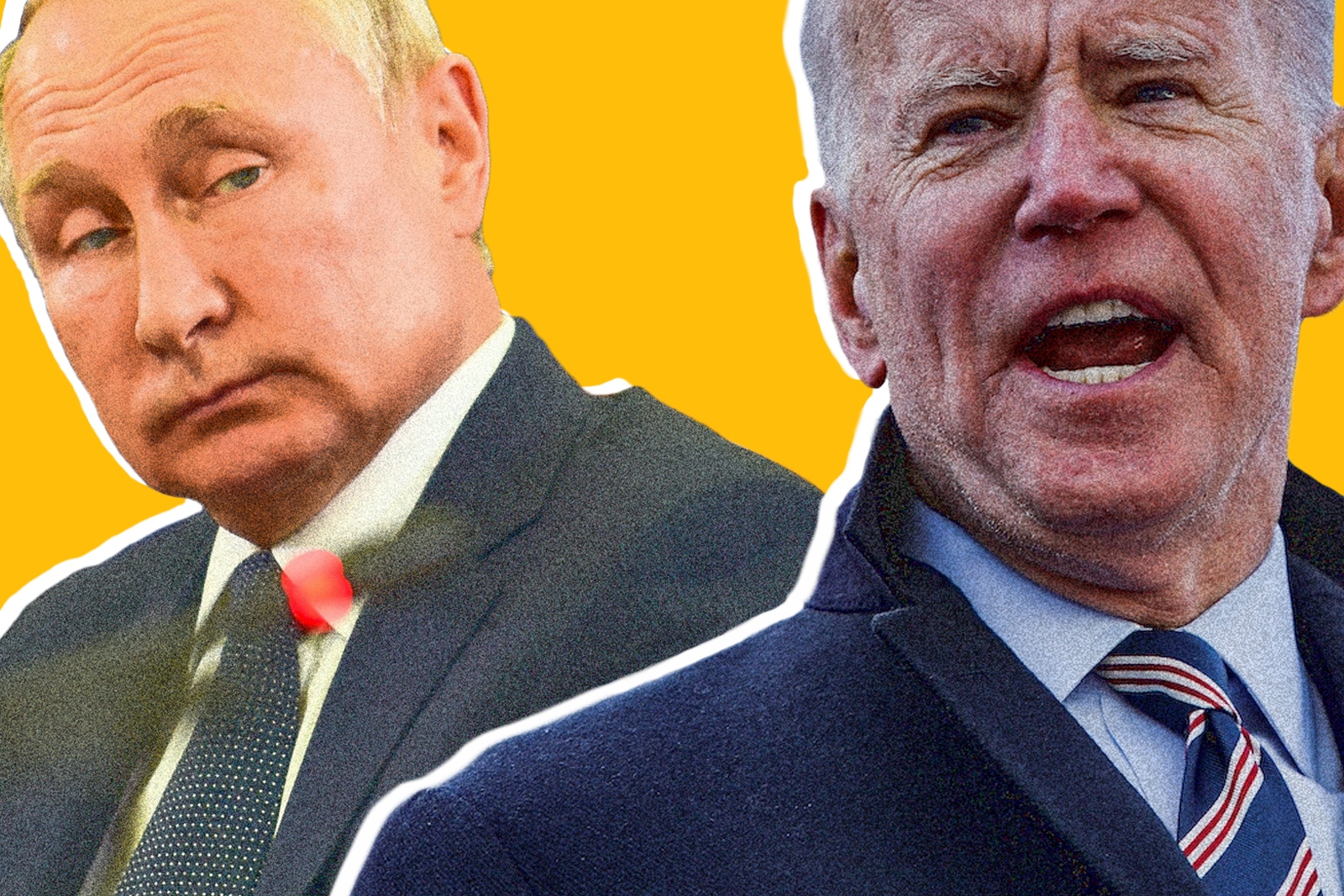
With Power Shifting, the U.S. Seeks a New Alliance
The only constant aspect of politics is change; this applies especially to world politics. With no supranational body to enforce laws and customs, each country has only one overwhelming responsibility, the preservation of their polity and the protection of their population.
With the Atlantic coalition showing signs of wear and tear, recently manifested by the uproar over the AUKUS deal to supply Australia with nuclear-powered submarines, and the startling statement by the head of NATO saying that China is not an enemy of NATO, the fissures in the Atlantic alliance are becoming too big to ignore or be papered over.
With the United States believing that is it facing a new strategic enemy in China, and what looks like the beginning of a new era of superpower competition, it is time for the United States to begin looking for a new strategic partner. While Russia and the United States have been at odds with one another for decades, the mutual self-interest of both countries argues for a rapprochement between the two and a tacit alliance against the aggression of China.
Past issues between the United States and Russia
The current state of diplomatic relations between the United States and Russia is largely the responsibility of the United States. Since the agreement between Russia and the George H.W. Bush administration to allow East and West Germany to reunite, with the proviso of allowing a newly unified Germany to be a full-fledged member of NATO, the United States expanded NATO to the very frontiers of Russia, despite having promised Russia that it would not do so.
To make matters worse between the United States and Russia, the overthrow of a democratically elected government in Ukraine by a minority portion of the population, led to the takeover of Crimea by Russia. While decried as illegal by the West, the West conveniently ignores its role in the overthrow of a legally elected government in Ukraine in 2014 by forces friendly to the West. As a matter of record, the West urged the revolutionaries on by public pronouncements aimed at the portion of Ukraine advocating a change of government outside of the electoral process.
With Russia feeling that the revolution threatened its security interests, Russia moved to secure her southern flank by annexing Crimea. It should be noted here that Crimea became a part of Ukraine during the power struggle between Nikita Khrushchev and Georgy Malenkov for control of the Russian Communist Party from 1953 to 1955. In order to gain power, Khrushchev agreed to hand over Crimea to the Ukrainian SSR in return for the support by Oleksiy Kyrychenko in securing the premiership of the Russian Politburo and defeating his rival Malenkov. The population of Crimea at that time was 75% Russian.
The importance of Crimea
Crimea has always been a sensitive security issue to Russia. The Crimea is the last natural geographic defensive position in southern Russia until the Volga River.
During the German offensive in southern Russia in 1942, Russian resistance in Crimea delayed the start of the campaign until Sevastopol had been reduced and captured from the Russian military. It was militarily imperative that the Crimea be reduced before the attack could begin, as to not capture Sevastopol would have allowed the Russian Air Force to bomb the German supply lines supporting the German offensive. The offensive was scheduled to start on June 22nd but was delayed until June 28th because of this.
The German 11th Army was so mauled during its operations in the Crimea, that it was unable to accompany the German 6th Army in the summer offensive. When the decisive moment came in the Battle of Stalingrad, without the manpower of the 11th Army, the German Army did not have the strength to dislodge the Russian Army from the west bank of the Volga River.
The withdrawal of the United States from Afghanistan
The withdrawal of the United States from Afghanistan, while messy and chaotic, has improved the security posture of the United States. At the same time, the U.S. withdrawal has increased Russian national security concerns.
Russia now faces an increased threat from Islamic fundamentalists, as well as having to consider a modern Chinese military all along her southern border, running from the Pacific Ocean to the Straits of Hormuz in the Middle East.
With China already expanding into Afghanistan with its Belt and Road Initiative, as well as having a direct connection to its client state Pakistan thru the Wakhan Corridor, China has gained an immense strategic advantage against Russia.
Russia still remembers its subjugation by Asia, and still fears a repeat of this horrific period in its history.
The beginning thaw in U.S.-Russian relations
There have been several indications that the diplomatic chill between the United States and Russia is beginning to thaw.
President Joe Biden in July concluded an arrangement with Germany to allow for the completion of the Nord Stream 2 pipeline. The pipeline had been stalled because there was a fear that Russia would be able to use the flow of natural gas to Western Europe for political purposes. This fear has been resolved and the pipeline has been completed. Natural gas is not yet flowing, but this is mostly due to technical issues.
Shortly before Biden and Vladimir Putin’s meeting on June 16th, several nations, including the United States, Russia, and 23 others came to an agreement on regulating the hacking of other nations’ infrastructure. While it is not known if this subject came up during the meeting, it is known that hacking has largely subsided.
While only time will tell if this complex and highly stylized dance between the United States and Russia will bear fruit, it is worth noting that the United States and Russia both have interests in common today, and this behavior is reminiscent of the necessary alliance between the then-Soviet Union and the United States during the Second World War.

